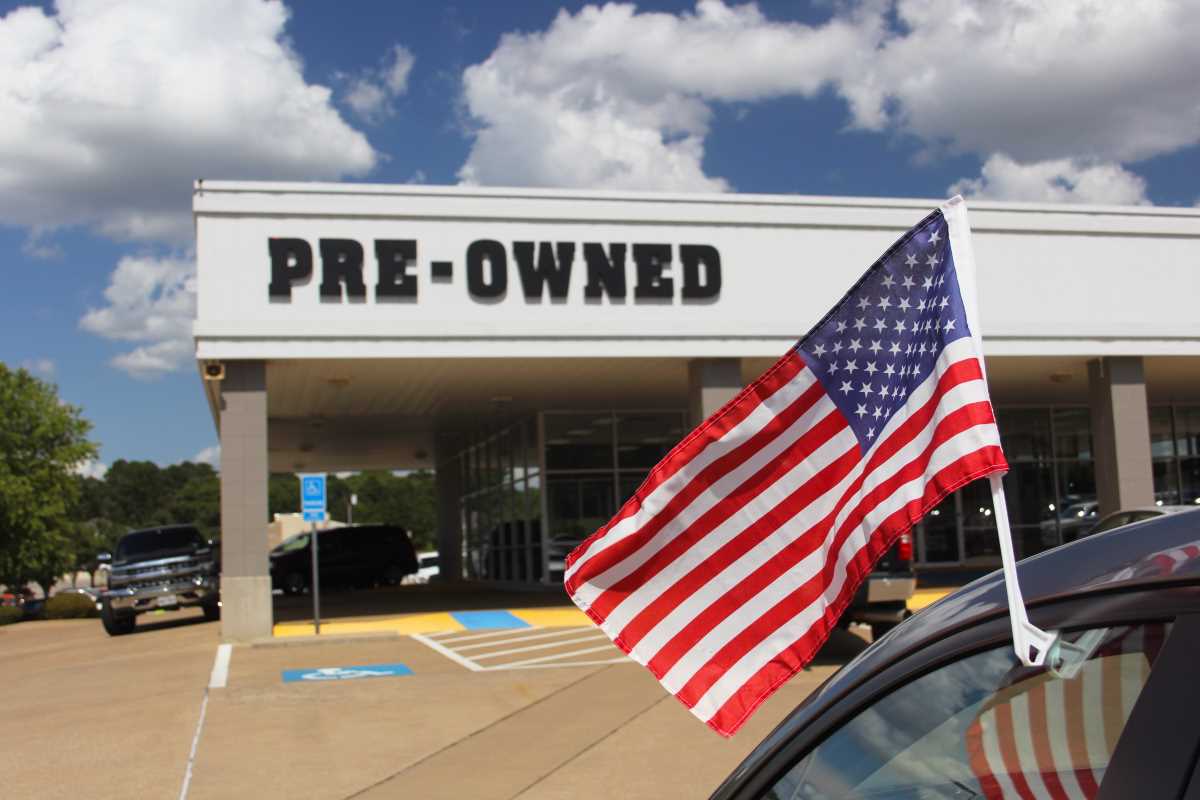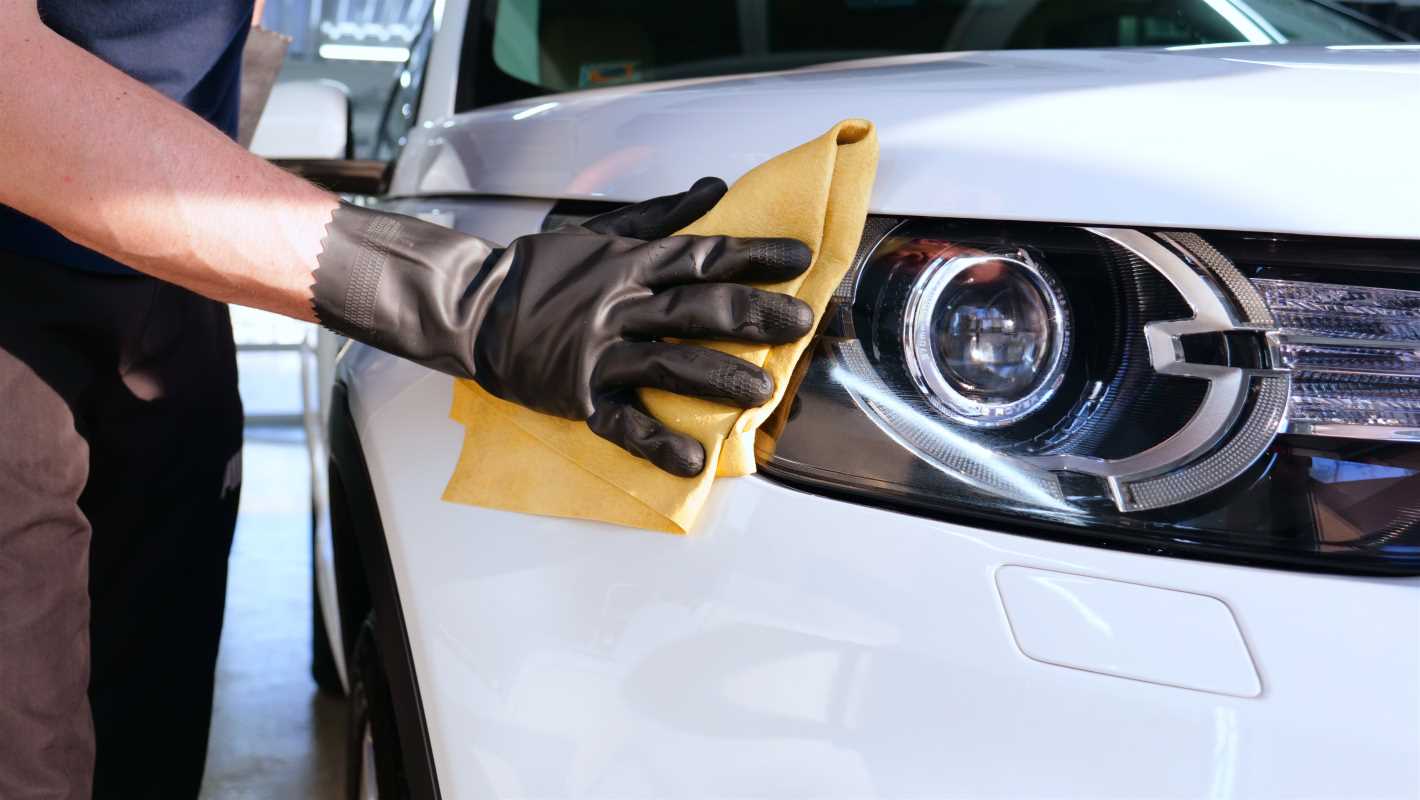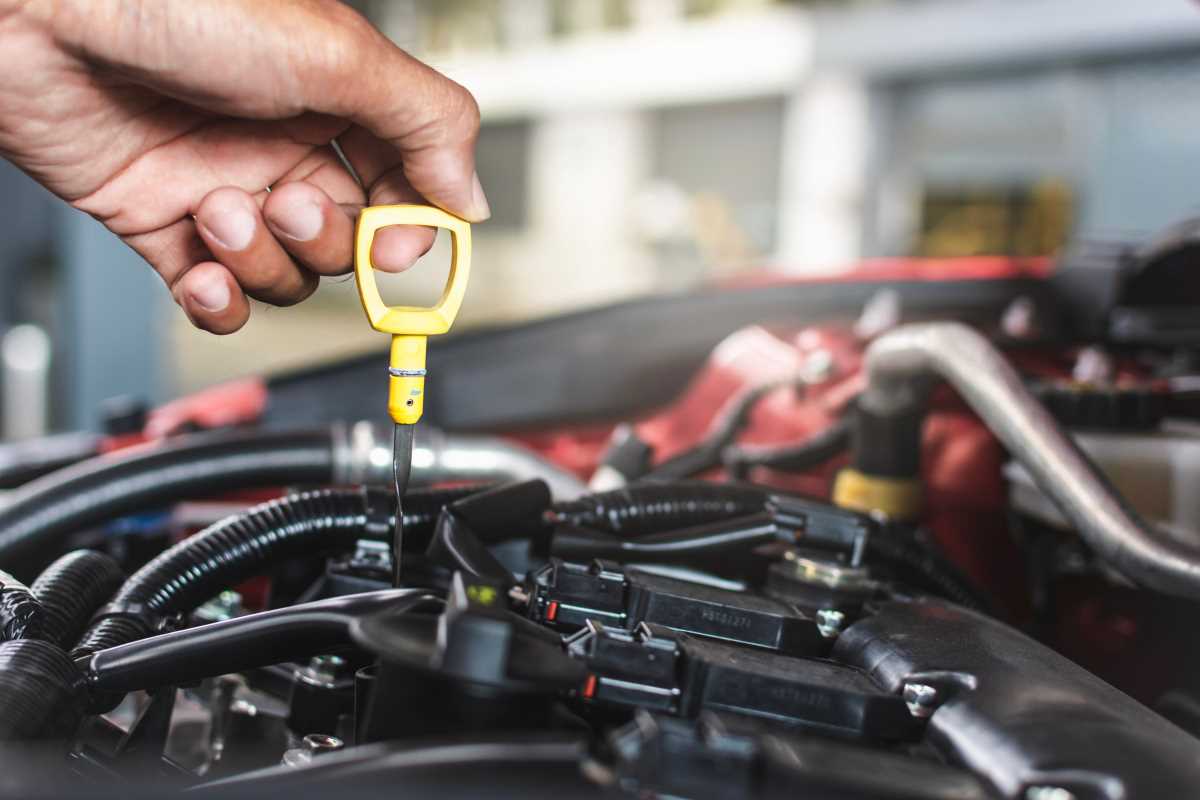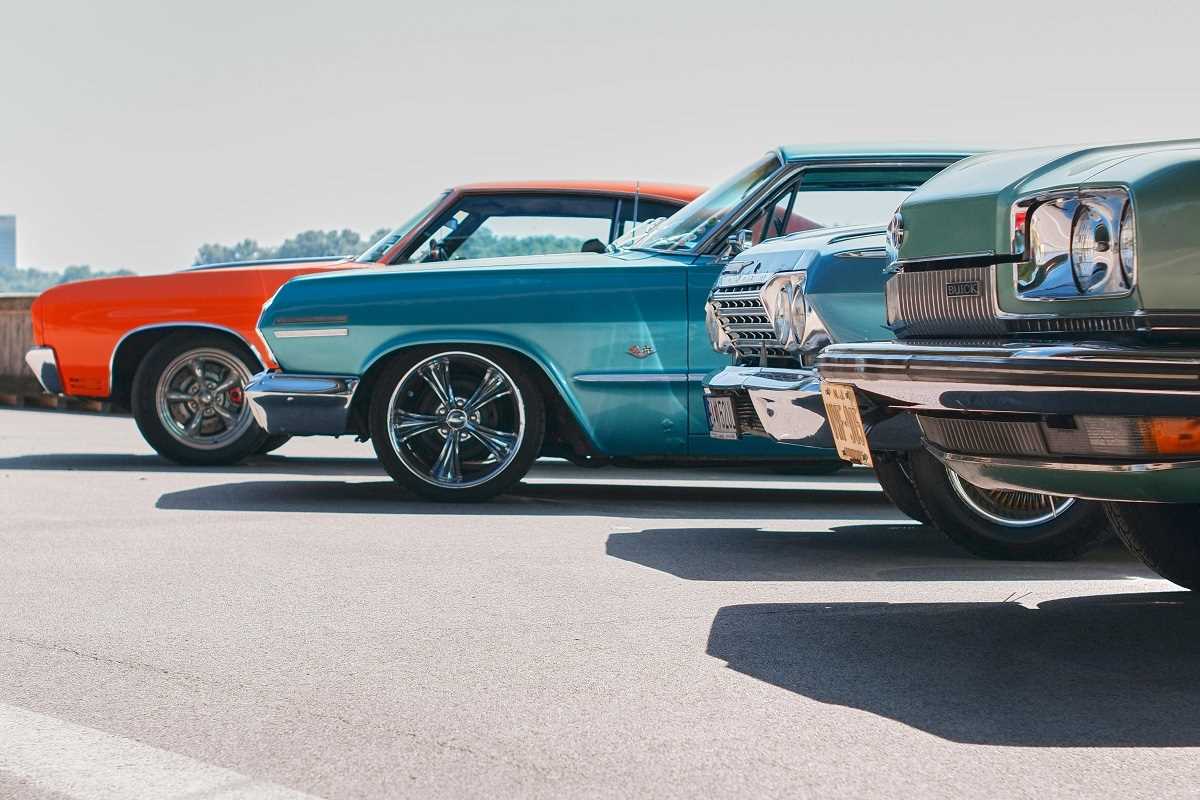Shopping for a used car can feel a bit like a treasure hunt. With so many options out there, finding the perfect vehicle at the right price might seem overwhelming, but it doesn’t have to be. The truth is, there’s an art to snagging a great deal on a pre-owned car, and once you know the tricks of the trade, you’ll be navigating the process like a pro. Whether you need a reliable ride for your daily commute or something stylish without the new-car price tag, used cars offer incredible value. To help you on your quest, here’s a step-by-step guide to finding the best used car deals near you.
Start with Research
Before you step onto a lot or scroll through ads, the first and most important step is to do your homework. Researching in advance gives you the knowledge and confidence to make smarter decisions, which often leads to better deals.
Start by narrowing down the type of car you’re looking for. Are you after a fuel-efficient sedan, a family-ready SUV, or a rugged pickup truck? Consider your lifestyle, driving habits, and budget to guide your preferences. Online tools like Kelley Blue Book and Edmunds are great resources for checking market values. These platforms can give you an idea of what specific makes and models are worth based on factors like mileage, condition, and location.
Next, dig deeper into ownership costs. Beyond the sticker price, be sure to factor in fuel efficiency, insurance, and maintenance expenses. A car that seems like a steal at first might end up costing more down the road if it guzzles gas or needs expensive repairs.
Explore Multiple Buying Channels
One of the best things about shopping for used cars today is the variety of places to look. Each buying channel has its own perks and possibilities for scoring a great deal. It’s a good idea to cast a wide net and explore multiple options.
Dealerships remain a popular choice for many used car buyers. They offer higher levels of trust since cars often come with inspections, certifications, and warranties. Certified pre-owned (CPO) vehicles, in particular, are a great option if you want added peace of mind without paying the price of a new car. However, dealerships tend to have higher prices compared to private sellers, so be prepared to negotiate.
If you prefer the convenience of online shopping, platforms like Carvana, Vroom, and Autotrader have revolutionized the used-car market. These sites allow you to browse thousands of options from the comfort of home. Many even offer delivery and return policies so you can try before you commit. That said, buying online eliminates the face-to-face haggling that can sometimes result in a better deal.
Private sellers, often found on websites like Craigslist or Facebook Marketplace, can also be an excellent avenue for more budget-friendly prices. While these sales don’t typically come with warranties or guarantees, you can often negotiate directly with the seller. Just be sure to inspect the vehicle carefully and request a history report before making any final decisions.
Timing Is Everything
When it comes to finding the best deals, timing can be a game-changer. Choosing the right time to shop for a used car can significantly impact the price you pay.
End-of-the-month deals aren’t just a myth. Many dealerships have sales quotas to hit, and salespeople may be more willing to negotiate if they’re trying to meet those monthly targets. Similarly, shopping toward the end of the calendar year or during holiday sales events, such as Black Friday, can lead to considerable discounts.
It’s also worth noting that the time of year matters depending on the type of vehicle you’re after. For example, SUVs and trucks tend to be in higher demand during colder months, which can drive prices up. Conversely, convertibles and sports cars are often better deals in winter when they’re less in-demand. Aligning your purchase with these seasonal trends can help you maximize your budget.
Inspect and Test Drive Like a Detective
Once you’ve found a car that interests you, it’s time to trade your magnifying glass for a checklist. Thoroughly inspecting and test-driving the vehicle is crucial to ensuring you’re making a smart purchase.
Start with a walk-around. Look for any dents, scratches, or signs of rust on the exterior. Don’t overlook the tires; uneven wear could indicate alignment issues. Peek under the hood to check for leaks or unusual wear on belts and hoses. Inside, make sure all the features work, from the air conditioning to the infotainment system.
The test drive is your chance to get up close and personal with the car’s performance. Pay attention to how it accelerates, brakes, and handles corners. Listen for any strange noises, especially from the engine or suspension. It’s also a good idea to take the car onto different types of roads, like highways and city streets, to get a feel for its versatility.
For added peace of mind, invest in a professional inspection if you’re serious about buying. A trusted mechanic can diagnose hidden issues that might not be obvious to the untrained eye, potentially saving you thousands in repairs later.
Master the Art of Negotiation
Negotiation isn’t just for the bold; it’s a skill anyone can learn with a little practice. Sellers generally price used cars with a bit of wiggle room, so don’t be afraid to ask for a better deal.
Start the conversation by referencing your research. If you know the car is priced above its market value, politely point it out and ask if they’re willing to come down. Highlight any flaws you’ve noticed during your inspection or test drive. For example, mention if the tires need replacing or if there are cosmetic blemishes.
When negotiating, be confident but polite. Set a clear maximum price in your head and stick to it. Remember, walking away is always an option if the deal doesn’t feel right.
Some dealerships may also have additional fees like documentation or prep charges. Review the breakdown of these fees and ask for clarification or reductions if they seem unnecessary.
Use Tools to Your Advantage
Technology is your best friend when hunting for deals, and there are plenty of tools designed to give you the upper hand in the car-buying process.
Before closing a deal, run a vehicle history report through services like Carfax or AutoCheck. These reports reveal vital details about the car’s past, including previous ownership, accidents, and service records. This knowledge can help you avoid vehicles with hidden issues.
You can also use online price comparison tools to gauge whether the price you’re paying is fair. Many websites offer calculators that consider mileage, age, and condition to help you estimate the vehicle’s actual value. Apps like TrueCar can even connect you with dealers or sellers who offer competitive pricing.
With some research, patience, and persistence, you’ll not only find a great used car but also save money in the process. These steps are your road map to uncovering a deal that matches your needs and budget while setting you up for miles of happy driving.







